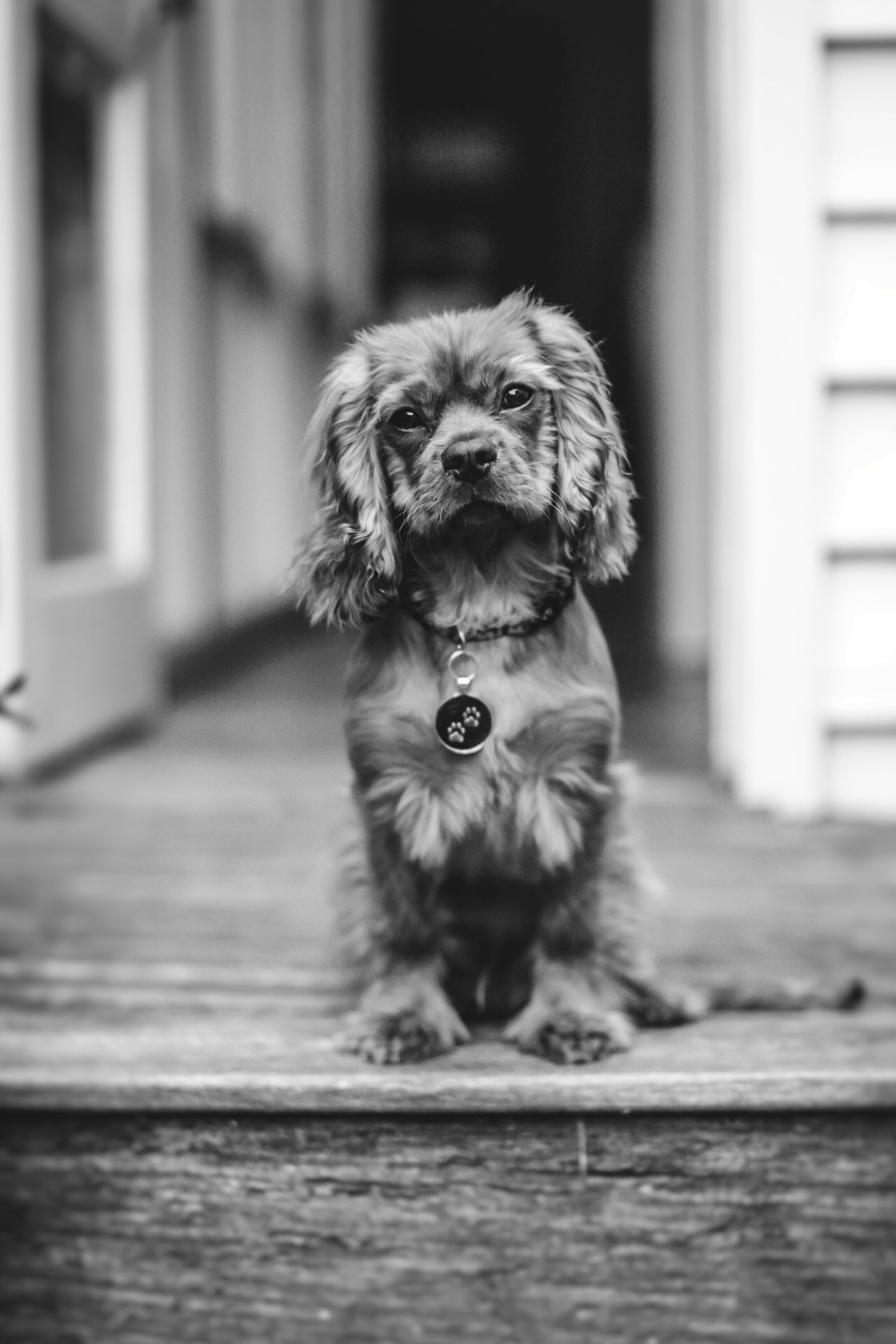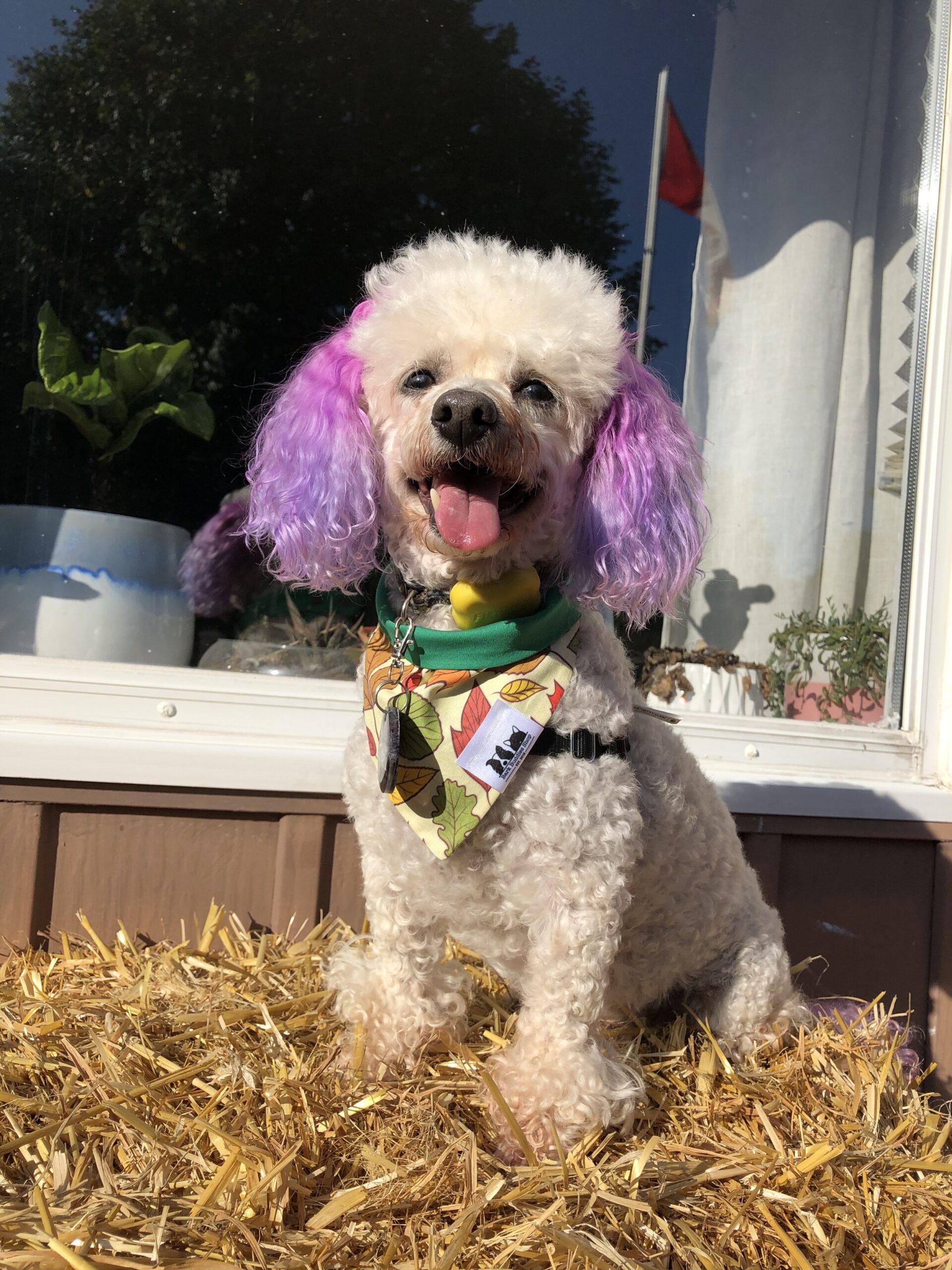After Surgery
We understand how scary these risks sound, we encourage you to speak to the clinics directly regarding these possibilities and your concerns before considering surgery. When you arrive at each center the doctors again go over the risks with you and have you sign acknowledging, so they know you are completely well informed of the risks.
Patients with CHF associated with severe lung problems have a higher risk of mortality during surgery from surgical complications or anesthesia-related issues. Some patients may require prolonged respiratory support by mechanical ventilation. Postoperative Congestive Heart Failure The heart may lose contractility following open-heart surgery. This may occur from surgical manipulations inducing temporarily stopping the heart, incision and placing suture materials.
Following the mitral valve repair surgery, tricuspid regurgitation may temporarily become prominent. The Tricuspid valve is located on the right side of the heart and severe tricuspid regurgitation may lead to retention of fluid in the abdomen.
Postoperative Pulmonary Dysfunction Respiratory complications are caused from: hemorrhage in the chest pain, reduced contractility of the heart, reduced lung function (collapsed lung lobes, pulmonary embolism), diaphragmatic paralysis, and airway obstruction. Early detection of the problem is necessary for prompt treatment lntracardiac Hematoma lntracardiac hematoma may develop during or after the surgery. It may contribute to the mortality, or it may reduce in size with or without surgical intervention to drain the hematoma.
The cause of the hematoma is still unknown. Hemorrhage If anticoagulation effect is insufficient, postoperative prolonged hemorrhage from the surgical site may occur. Anemia and Low Platelet Count Mitral valve repair surgery is performed with cardiopulmonary bypass.
Anemia is a common postoperative clinical finding from dilution effect of blood during the surgery. Low platelet count may also occur after the operation and its common symptoms include bruising of the skin.
Anemia and low platelet count usually improve few days after the surgery, but some patients may require blood transfusion. Blood Transfusion Reaction Blood typing and cross-matching are always performed prior to the operation; However, blood transfusion reaction can occur in some animals.
Thromboembolism Postoperatively clots may form in the heart chambers or blood vessels and can lodge anywhere in the body. Symptoms of blood clots depend upon their location and size. Thromboembolism is a significant cause of morbidity and mortality.
► Neurological signs (coma, seizure, paralysis)
► Congestive heart failure from acute myocardial infarction
► Respiratory failure from pulmonary embolism
► Peripheral arterial embolism (motor dysfunction and necrosis)
► Pancreatitis (poor appetite, vomiting, diarrhea)
Possible Adverse Effects on Organ Function The heart is temporarily stopped during the cardiopulmonary bypass, organs such as the liver, kidneys and pancreas may not receive adequate blood flow and may cause adverse effects on organ function postoperatively.
Pancreatitis is one of the common complications from thrombosis or poor perfusion. Symptoms include poor appetite, vomiting or diarrhea and severe cases of pancreatitis can be fatal. Arrhythmia Arrhythmia (irregular heartbeat) may occur during and after the surgery. Usually, arrhythmia disappears after 1 to 2 days, however in rare cases the patient requires antiarrhythmic medications or pacemaker.
Diaphragmatic Paralysis Paralysis of diaphragm occurs following incision into the left chest cavity. Rapid, shallow breathing, and shortness of breath can occur temporarily, and spontaneous resolution is common. Infection Postoperative infections may occur from a weakened immune system.
Yes, you will receive regular updates from the doctors each day after the daily evaluation tests are complete in the early afternoon.
Most dogs tend to be exhausted from traveling and the surgery, but each dog is different and towards the end of the 7-day hospital stay many dogs regain a lot of energy very quickly.
It is very important to keep your dog calm while visiting them during these crucial days to allow the heart and any inflammation time to heal.
Except in cases where complications occur that require additional treatment, the dogs are hospitalized for 7 days in Japan and 10 days in London (RVC)following the surgery.
You will be able to visit your dog as much as you want post-surgery or as much as the doctor’s think is best for your animal. You may find that your dog will need a lot of rest for recovery, especially the first few days after surgery.
If it calms your dog for you to be there, you may opt to visit more frequently, but some dogs get excited to see their owners and the added agitation is unwanted during this sensitive recovery period.
Each dog is different, and the doctors can help you assess what is right for your dog. If you choose to stay away, leaving a shirt with your scent or a favorite toy can be very calming.
Plavix is started immediately after surgery and is increased in frequency and length hopefully dissolving the clot over time, can sometimes take a few weeks, additional follow up care may be needed in your home country. Most dogs are kept on Plavix (low doses) for 3 months post-op, sometimes longer. In cases where the blood clot moves into the blood stream, Alteplase is used.
Days 1-4 after the surgery are the most critical days for developing blot clotting, and up to the 7th day specifically for Cavalier King Charles Spaniels.
After this period, the risk significantly reduces, but the dogs are kept on blood thinners (Plavix) for 3 months post-operatively or more just to be safe.
T-shirt or onesie, surgical suit, harness (e.g., Easy Walk) are some suggestions. If the harness hits right at the incision site, you can temporarily use a collar instead.
Additionally, a cone can help keep your dog from biting or licking the incision site.
Provided there are no complications, 12-14 days after surgery. A bath is typically not recommended for a month after surgery, use baby wipes to help clean them.
Each dog is different, and heart murmurs that change rapidly are always a cause for concern. However, post-mitral valve repair surgery, there is turbulence in the heart due to the suture in the valve and the additional heart chords.
It is more important for the echocardiogram to show a low level of regurgitation and LV/LA ratios rather than having a quiet murmur grade. It’s also natural after surgery as the heart remodels to possibly see a little adjustment over time. There is no such thing as zero regurgitation.
Signs of a blood clot are limping or paralysis with signs of pain, feet are cold, behavior is strange and possible Seizures are observed. The risk beyond the 2-week post-surgery period is very low. Any unusual behavior or pain should be reported immediately to your veterinarian.
Most likely, the cause of skin discoloration is a hematoma, which is a common side effect of Plavix (blood thinners).
However, if the bruising is growing or changing rapidly, or causing the dog discomfort, it should always be checked out by a veterinarian just in case.
Any discoloration on the skin, or just beneath the skin is not a blood clot. Signs of a blood clot are limping or paralysis with signs of pain. The risk beyond the 2-week post-surgery period is very low.
You should always consult with your veterinarian when adding any additional prescription medications or supplements. Vitamin E or Turmeric is a known blood thinner and should never be taken in conjunction with Plavix.
The surgical stitches in the heart are healing during this time. For their efficacy to remain intact and for the heart to completely heal, the dog’s activity level needs to be safely limited, leash walked at all times outside to prevent them from suddenly running. Please read the additional guidance for post-operative activity.
https://mightyheartsproject.org/blogposting/2017/9/2/update-on-postop-activity
No, the guideline of 15 minutes, 4 times per day is an absolute maximum for the most active dogs.
Dogs should be walked about 4 times per day to keep blood circulating well for recovery, but the amount of time should be much lower than the dog’s regular activity level.
Throughout the 3-month recovery period, the amount of time spent walking should slowly increase.
Some residual coughing persists after surgery because the intubation from cardio-pulmonary bypass through the trachea can cause irritation to the windpipe.
This is especially apparent in dogs where there is some (even minor) tracheal collapse before surgery.
In general, you should always seek a professional medical opinion from your veterinarian if coughing persists and concerns you. Soft foods are better on the throat.
Still have questions? We can help!
Get in touch via the contact page or join our MVD Community Facebook Group. We look forward to helping you navigate MVR surgery.
Mighty Hearts Project is a 501(c)(3) non-profit organization that supports dogs with Mitral Valve Disease through surgical intervention.
Disclaimer: The information provided on the website is for educational and informational purposes only and is not meant as a substitute for advice from a trained veterinarian or any other medical professional. Please do your own research and contact each clinic performing MVR surgery for the most up to date information.








